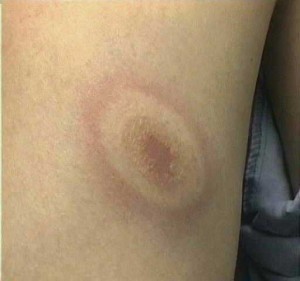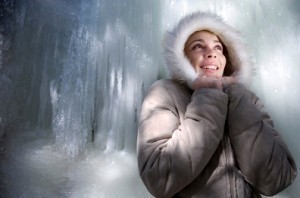What Causes Vertigo?
Vertigo is defined as “the sensation of spinning or whirling that occurs as a result of a disturbance in balance (equilibrium)”. Vertigo is described as a symptom, it is not a disease. Similar symptoms such as dizziness, lightheadedness, faintness and unsteadiness may also be attributed to vertigo. Persons that experience vertigo usually feel like either they or their surroundings is moving or spinning. This disillusion can be broken down to two types: The sensation of movement is called subjective vertigo and the perception of movement in surrounding objects is called objective vertigo.
Causes of Vertigo
Vestibular Disorders
Vertigo is usually caused by a disorder in the central or peripheral vestibular system. The vestibular system, contributes to a person’s balance and sense of spatial orientation; it is the sensory system that provides the dominant input about movement and sense of balance. The vestibular system also coordinates information from the vestibular organs in the inner ear, eyes, muscles and joints, fingertips and palms of the hands, pressors on the soles of the feet, jaw, and gravity receptors on the skin and adjusts heart rate and blood pressure, muscle tone, limb position, immune responses, arousal and balance.
The vestibular organs of the inner ear provide the brain with information about changes in head movement. If the vestibular system is impaired, dizziness, vertigo, imbalance, spatial disorientation, and other symptoms can result.
Benign paroxysmal positional vertigo (BPPV)
BPPV affects the sensing tube in the inner ear called the posterior semicircular canal. It results from a buildup of calcium carbonate and protein in the ear canals. Movement of the head causes the calcium crystals to disturb the ear sensors which create a sensation of spinning. BBPV will also result from head trauma and inner ear infection such as Labrynthitis
Meniere’s disease
Meniere’s disease is a disorder of the inner ear that can cause affect hearing and balance. Symptoms of the disease include periodic episodes of rotary vertigo or dizziness. Vertigo attacks are sometimes severe, incapacitating, and unpredictable but usually last for just 24 hours. Nausea, vomiting, and sweating may occur with vertigo. The severity of vertigo attacks may cause the person to fall if they were standing.
Labyrinthitis
Labyrinthitis is a condition which causes irritation of tiny hair cells which project into fluid-filled canals (labyrinths) within the balance center in the inner ear. Normal balance is, to a degree, controlled by movement of the fluid, in response to changes in body position. Labyrinthitis is a condition where the hair cells become irritated or inflamed and discharge randomly; tricking the brain into thinking you are moving or spinning
Acoustic neuroma
Acoustic neuroma is defined as a benign tumor that may develop on the hearing and balance nerves near the inner ear. A type of glial cell of the peripheral nervous system that helps separate and insulate nerve cells called Schwann cells may cause the tumor as a result of overproduction. When Abnormally excessive growth of Schwann cells will cause them to bunch together, pressing against the hearing and balance nerves; this often causes gradual hearing loss, tinnitus (ringing in the ears), and dizziness among other complications.






